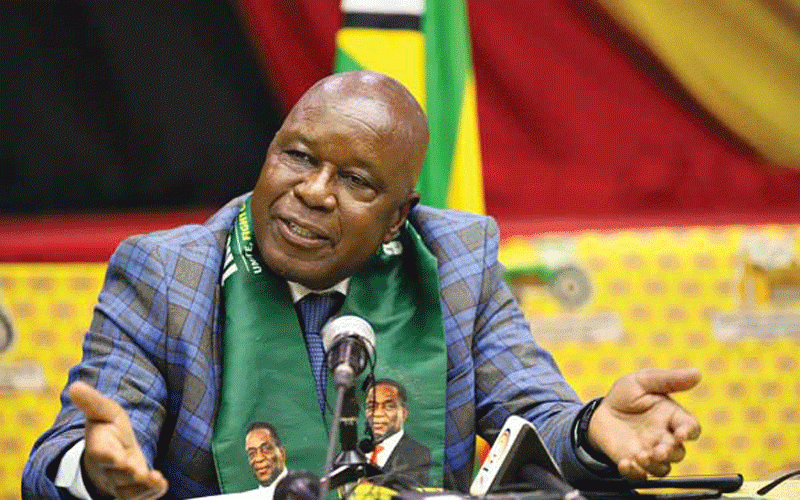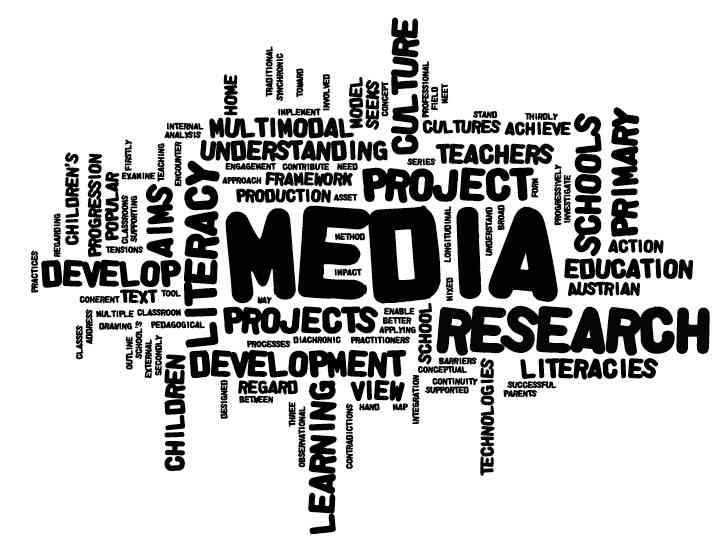
As has been the practice since 1981, the Zimbabwean government shall play the lead role in choreographing the meeting of our contemporary politics with memories of our liberation struggle. This will be done on April 18 2012, the country’s Independence Day.
In so doing, leaders in government will seek to use the occasion of these commemorations to demonstrate what they perceive to be their “democratic” commitment to the historically definitive values of our national liberation struggle. Some more than others, but all the same, they will all insist on having played or intending to play a role relevant to the purposes and values of our national independence.
It is, however, necessary to point out it is not the sole prerogative of our national leaders to remember and commemorate our national independence. Indeed they may lead official State functions to remember the same, but recognising the significance of our freedom from minority rule is the task of every Zimbabwean. This recognition is not, however, a call to joining the political party-led messaging for propagandistic or electioneering purposes. Instead, we should recognise the national significance of independence on the basis of the initial fact that it was an historical and nation-defining occurrence. This especially after a drawn-out and painful liberation war.
In the second instance, we must all celebrate our national independence with the intention of insisting that “never again!” shall we or our children bear witness to such repression either by way of racism (of any kind), social and economic injustice or the wanton killing of innocent civilians and deprivation of human rights to all. This is regardless of whatever government is in charge of the Zimbabwean State at any given time in the past, present or the future.
Thirdly, we must recognise our national independence in order to understand the historical and progressive democratic reasons why the Zimbabwean State was established. While the political parties may give their own politicised reasons, our collective understanding should be pre-disposed to understanding that we raised our national flag in April 1980 with the explicit intention of ensuring a democratic and better life for all Zimbabweans regardless of race, colour or class. It is from such a premise that we must measure, even 32 years afterwards, to see if our country and its successive governments (though dominated by one party) have adhered to this key noble intention of our independence.
This would include taking into account the policies that have been implemented since 1980. These would include the expansion of social service provision by the state, the establishment of a justiciable Bill of Rights (however flawed), the tragic conflict that was Gukurahundi, economic structural adjustment, the continually repressive political environment as well as the continually disputed and historically politicised land redistribution and indigenisation programmes.
Some would argue that the verdict is easy, meaning that perhaps 32 years on, we are yet to realise the objectives of our national independence and liberation struggle. That, however, would be to potentially fall into the trap of continually politicising our collective history just as some political parties have consistently sought to do.
Many mistakes were made and continue to be made across political lines since 1980 to present day. Indeed it is the liberation parties that took and remain in power that are most culpable for real and perceived failures that are associated with our post-independence society. But it must now become increasingly clear that the country should no longer be viewed as being the responsibility of these movements alone. It belongs to all who live in it, and, therefore, we all have a responsibility to ensure that it pursues the path of making progressive and democratic history. It is no longer adequate to merely claim political party membership as the reason for seeking recognition as an active citizen of the republic with claim to the legacy of the liberation struggle. This is particularly so for the younger generations of adult Zimbabweans who may not have seen or participated either in the liberation war or the independence celebrations at Rufaro Stadium in 1980.
- Chamisa under fire over US$120K donation
- Mavhunga puts DeMbare into Chibuku quarterfinals
- Pension funds bet on Cabora Bassa oilfields
- Councils defy govt fire tender directive
Keep Reading
As a fourth and final point, it must be emphasised that the path that Zimbabwe must now pursue is one that while being conscious of our history must not be imprisoned by it. In celebrating or commemorating 32 years of our national independence, we must think more of the future than the past. We must grasp that our existence as a country is based on what were essentially struggles for the freedom of all and not the few. In so doing, we must carry forward the burden of the mistakes made more honestly and with the clear intentions of ensuring that these mistakes never occur again of our own volition. This means that as we await 2012 Independence Day commemorations, we must be conscious of the challenges that we face collectively and approach them with the necessary historical and social consciousness that returns our country to a social democratic path.
*This article is a prelude to Notes on 32 Years of Zimbabwe’s Independence: Essays on the Future and our National Historical Consciousness to be published electronically on April 11, 2012.
l^Takura Zhangazha writes in his personal capacity. Email: takura-zhangazha.blogspot.com











